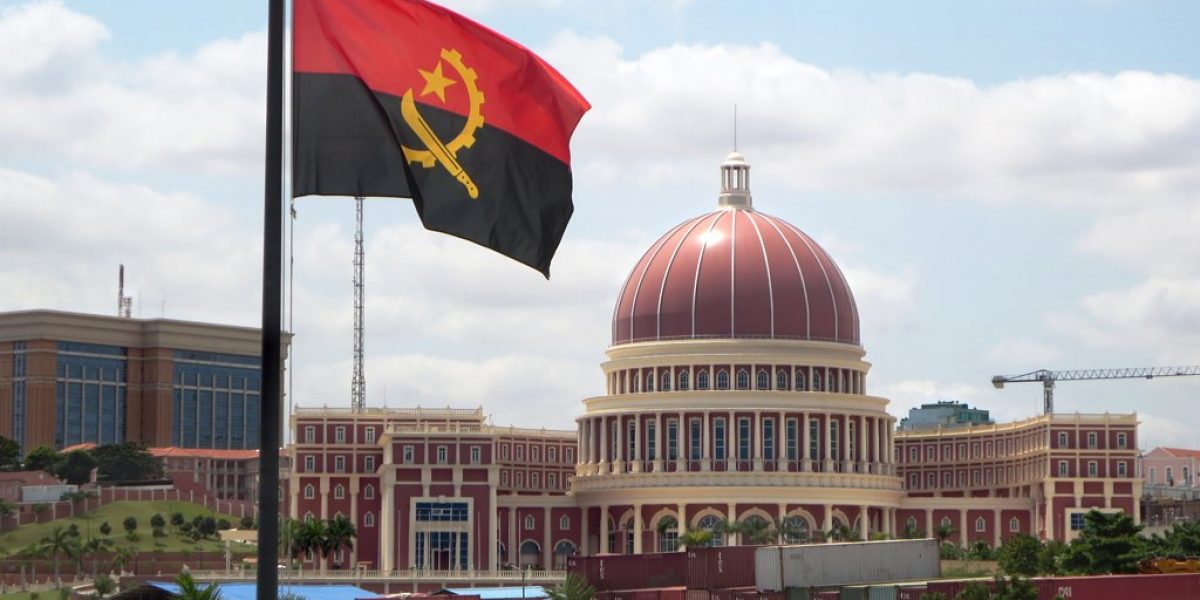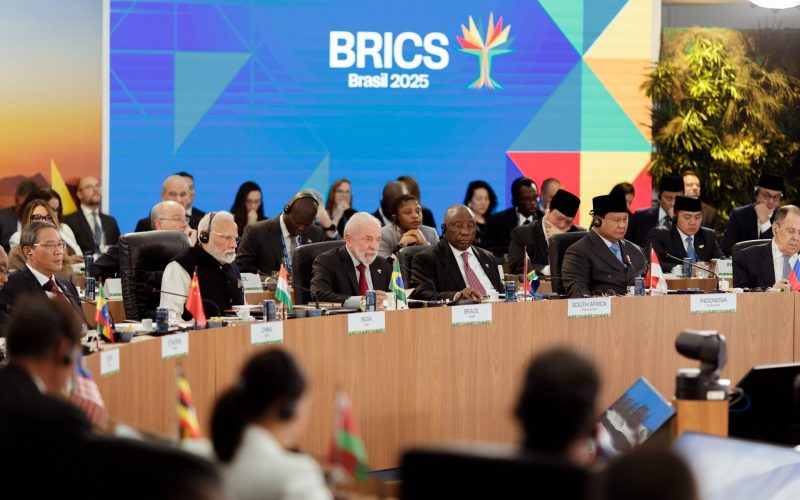Regional tariff phase-downs began in 2000 and the SADC Free Trade Area (FTA) has been in operation since 2008, with 85% of SADC trade among 12 of the 15 member states now duty free. By 2012 all member states were supposed to have joined and be working together towards the next goals of an SADC Customs Union, Monetary Union, and finally a single SADC currency. However, Angola, which is SADC’s second-largest economy after South Africa, shows few signs of wanting to enter the FTA, despite having signed the PoT in 2003.
The paper unpacks the economic and political drivers behind Angola’s decision to remain outside the FTA, and the impact its non-accession has had on its domestic economy and the other member states within SADC. It examines the longer-term implications of Angola’s reluctance to implement the SADC PoT, and the effect this may have on the ‘Cape to Cairo’ Tripartite FTA, to which Angola is also a signatory and negotiator. The paper also analyses the role of the SADC Secretariat in relation to Angola not joining the FTA. Angola’s choices raise questions about how a member state can be allowed to renege on its commitments with such apparent impunity, and to the detriment, as the paper argues, of its own citizens and neighbours.








